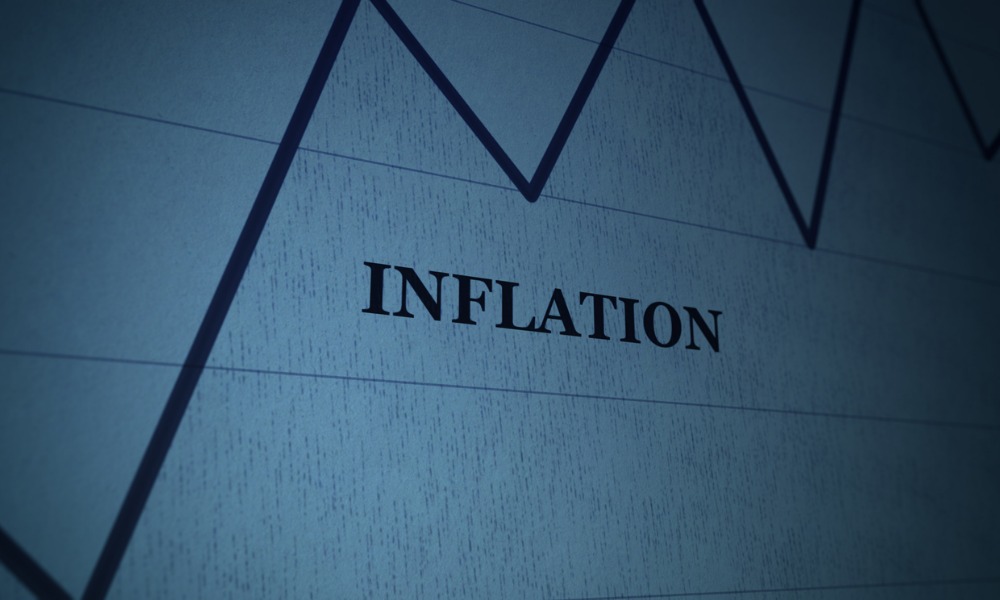Surging mortgage interest costs were a key factor

Canada’s annual inflation rate rose in December, inching away from the central bank’s 2% target in an increase that had been widely expected by economists.
The consumer price index (CPI) jumped by 3.4% last month compared with the same time in 2022, Statistics Canada said on Tuesday, accelerating from 3.1% in November. The national statistics agency said that increase was caused largely by higher year-over-year gas prices, although those declined on a monthly basis for the fourth straight month.
Mortgage interest costs were yet again the sole largest contributor to higher inflation, rocketing by 28.6% compared with the previous December as interest rate hikes saw borrowing costs balloon.
Increases in the cost of rent, air transport, fuel oil and passenger vehicles also contributed to the higher December figures, while grocery prices jumped 4.7% over December 2022 – seeing no change from their November pace.
Canadians paid 7.7% more for rent last month than a year previously, StatCan said, a jump from 7.4% in November. Higher interest rates were described as the main factor behind that uptick, with Ontario (6.9%), British Columbia (8.6%) and Quebec (6.8%) seeing the most noteworthy year-over-year increases.
The December figures mean Canada’s average annual inflation rate for 2023 was 3.9%, a marked change from the prior year when the average CPI surged to 6.8%.
The Bank of Canada is scheduled to make its first announcement on its benchmark rate in just over a week (January 24), having held that rate steady in each of its last three announcements. The central bank is widely expected to keep rates where they are for now, with an eye on possible cuts later in 2024.



